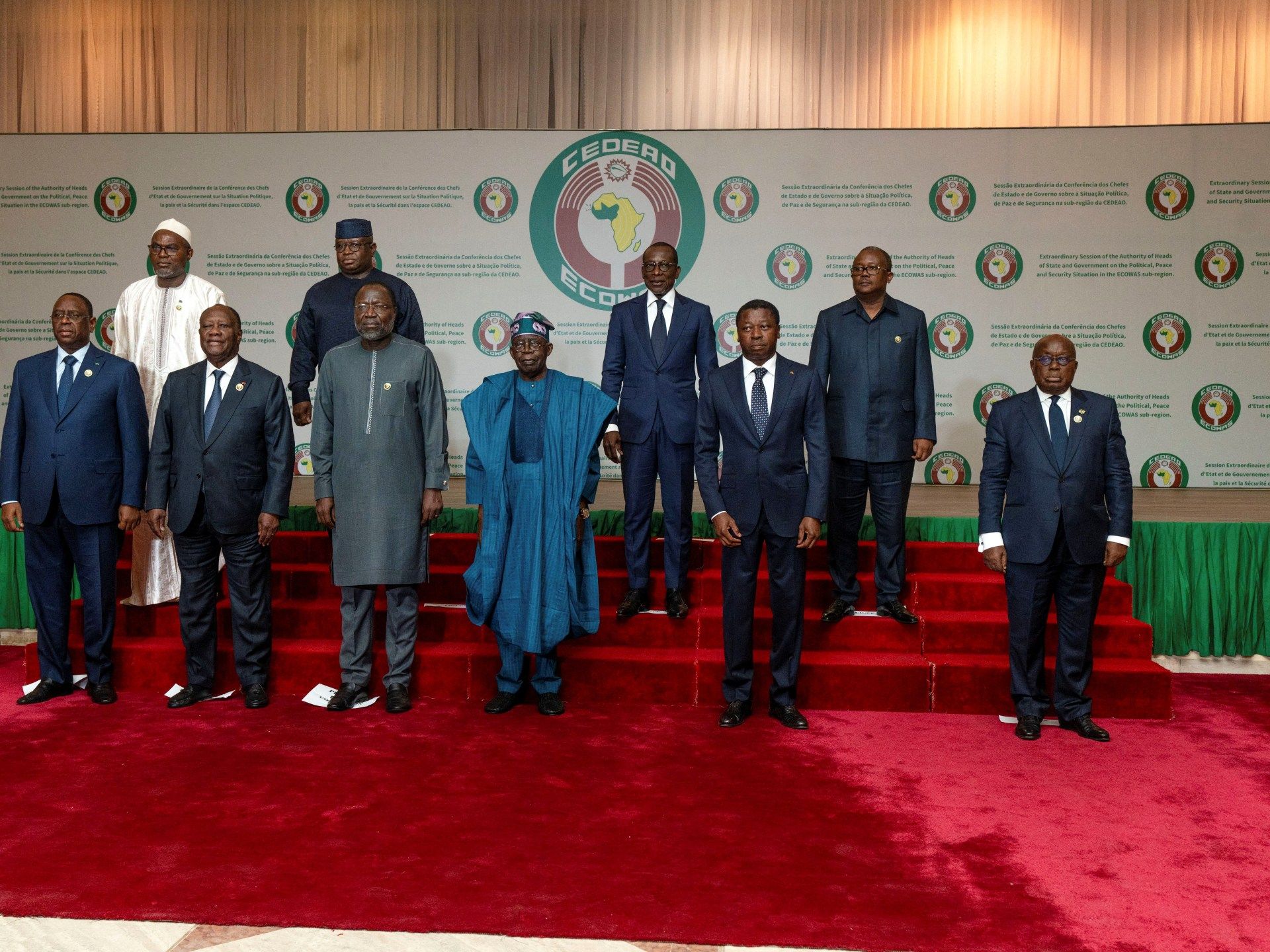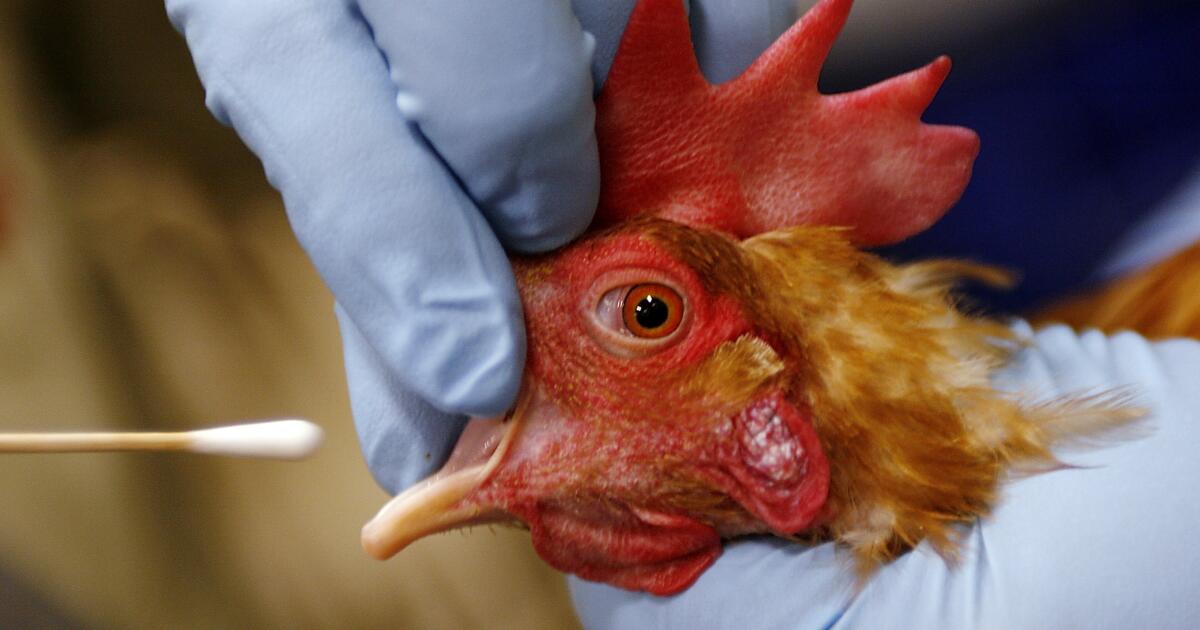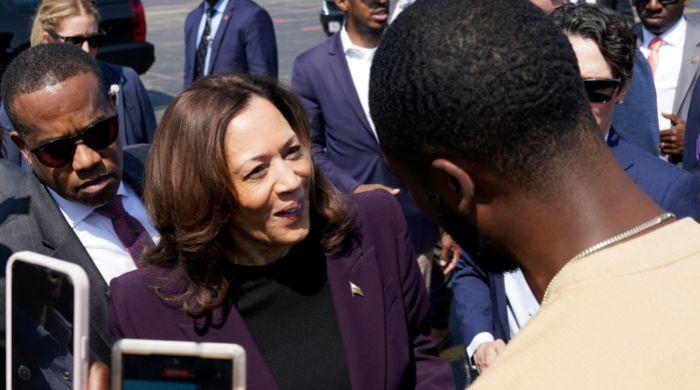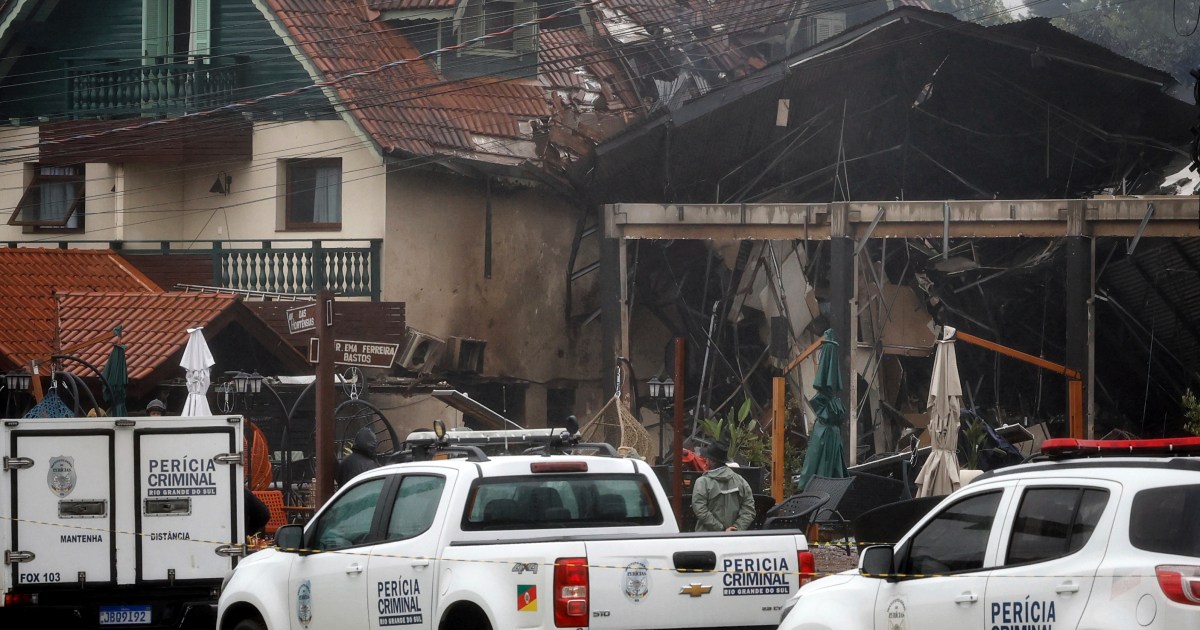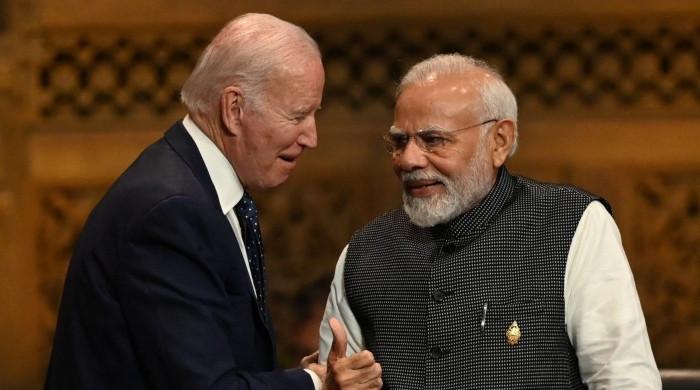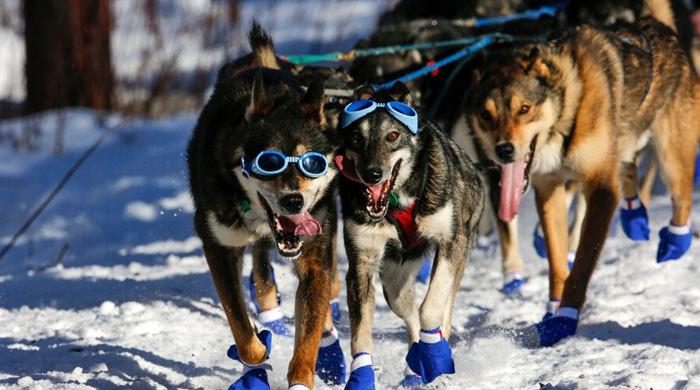The West African regional bloc is lifting most sanctions imposed on Niger after last year's coup, in a new push for dialogue after a series of political crises that have rocked the region in recent months.
A no-fly zone and border closures are among the sanctions that will be lifted “with immediate effect”, the president of the Commission of the Economic Community of West African States (ECOWAS), Omar Alieu Touray, said on Saturday.
The lifting of sanctions is for “purely humanitarian reasons” to alleviate the suffering caused as a result, Touray told reporters after the bloc's summit in the Nigerian capital Abuja.
The summit aimed to address the existential threats facing the region, as well as implore three military-led nations that left the bloc (Niger, Mali and Burkina Faso) to rescind their decision.
All three were suspended from ECOWAS following recent coups.
They have since declared their intention to permanently withdraw from the bloc, but ECOWAS has called for the three states to return.
In his opening remarks at the start of the summit, ECOWAS President and Nigerian President Bola Tinubu said the bloc “must re-examine our current approach in pursuing constitutional order in four of our member states”, referring to the three countries suspended. , as well as Guinea, which is also led by the military.
Tinubu urged Niger, Mali and Burkina Faso to “reconsider the decision” and said they “should not perceive our organization as the enemy.”
ECOWAS also said it had lifted certain sanctions on Malian individuals and some on junta-led Guinea, which has not said it wants to leave the bloc but has also not committed to a timetable for returning to democratic rule.
Touray said some targeted and political sanctions remained in place for Niger, without giving details.
Gesture of appeasement
Reporting from the summit in Abuja, Al Jazeera's Ahmed Idris said: “Almost all sanctions imposed on Niger have been lifted,” including land, sea and air blockades, and sanctions that exclude Niger from economic and political institutions. finances of the region.
However, ECOWAS imposed “some conditions” on the lifting of sanctions, he added. “They want the immediate release of President Mohamed Bazoum and his family members.”
Niger's president Bazoum was overthrown in a military coup last July, prompting ECOWAS to suspend trade and impose sanctions on the country. He remains imprisoned in the presidential palace in Niamey. On the eve of the summit, his lawyers urged ECOWAS to demand his release.
Earlier this week, ECOWAS co-founder and former Nigerian military leader General Yakubu Gowon also called for the bloc to lift “all sanctions that have been imposed on Burkina Faso, Guinea, Mali and Niger.”
“Even before today's summit, there was a change in tone, language and also approach from ECOWAS regarding the sanctions and embargoes imposed on these three West African countries,” Idris said.
The easing of sanctions is seen as an appeasement gesture as ECOWAS tries to persuade the three states to remain in the nearly 50-year alliance and reconsider a withdrawal. Its planned departure would undermine regional integration efforts and lead to a disorderly decoupling of the bloc's trade and service flows, worth nearly $150 billion a year.
On Saturday, ECOWAS gave the three military-led countries “the opportunity to be members of the organization once again,” Idris said, adding that they were asked to be part of “technical discussions of the ECOWAS bloc” without restoring them as full participating chiefs. of State at important summits or conferences.
After Mali, Burkina Faso and Niger announced they would permanently withdraw from the alliance and form a grouping called the Alliance of Sahel States, “the ECOWAS institution itself was shaken,” Idris said.
“[ECOWAS] “It is an organization that is gradually losing strength and there is a danger of it fragmenting… There is also concern that unless ECOWAS brings these people back in, there is a danger of coups d'état spreading in West Africa,” he added. .

